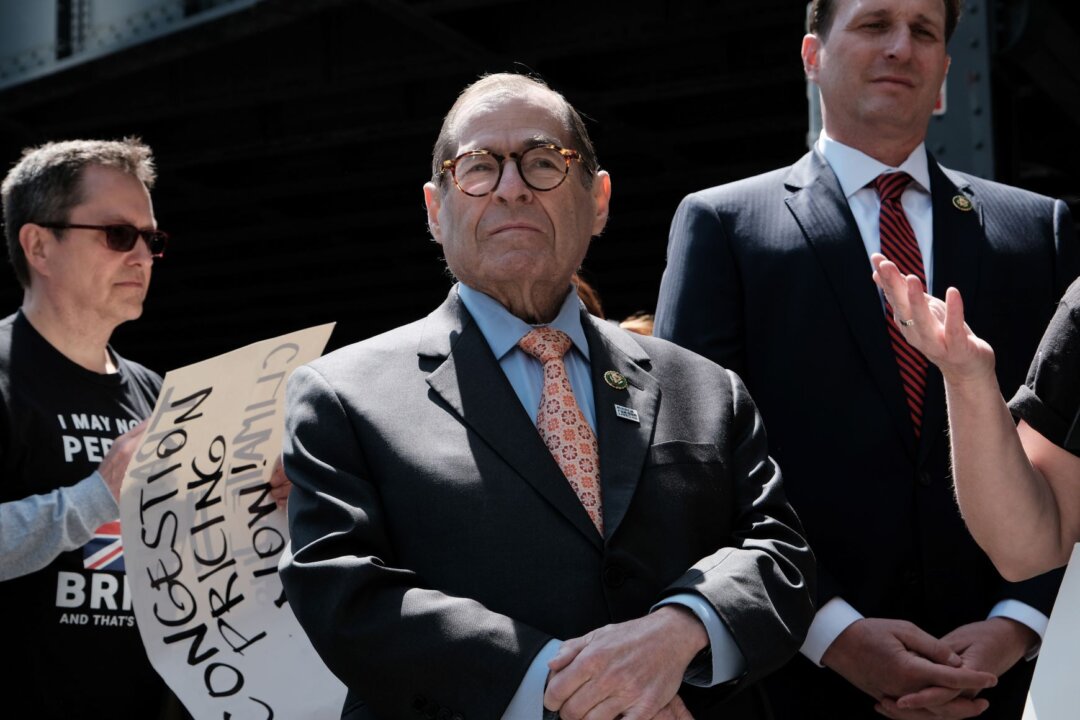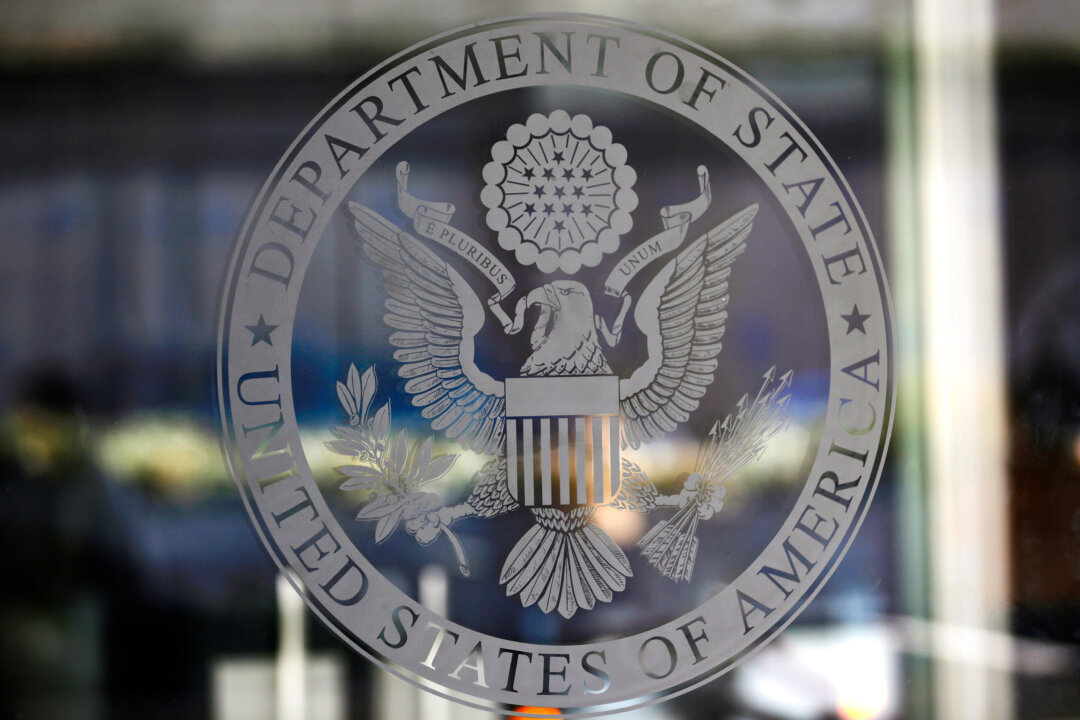
Blog
September 04, 2025 | Source: RAPAM Mexico | by Fernando Bejarano González, director of RAPAM
The 35 prohibited pesticides are old molecules, while 200 highly hazardous pesticides banned in other countries are still authorized in Mexico. Some pesticides included in the decree had already been canceled by COFEPRIS since 2016, such as DDT and endosulfan, and 13 of the included pesticides had not been allowed for import since the previous administration. However, the current decree consolidates and expands this decision and now includes prohibition of their formulation, commercialization, or use.
In drafting the National Strategy for the Reduction and Proper Use of Pesticides, it is essential to establish mechanisms for effective participation of peasant organizations with experience in agroecology and organic farming, experts in agroecology, academia, and non-governmental groups without conflicts of interest with the pesticide industry.
The presidential decree bans pesticides, but a national information campaign is still needed to reach rural producers, warning them of the health and environmental risks of illegal use and involving all competent authorities, including PROFEPA.
September 4, 2025. The presidential decree announced yesterday in the people’s morning press conference is a very timid step forward in facing the serious problem posed by highly hazardous pesticides in Mexico. The decree is more of a symbolic measure, the result of negotiations coordinated by SADER with business groups from the synthetic chemical pesticide industry, designed not to affect their economic interests and to avoid being challenged through injunctions by them or the agribusiness sector, as happened in the previous administration with the presidential decree restricting glyphosate imports aimed at phasing out its use.
Although it is true, as Julio Berdegué, head of SADER, stated during the press conference, that a presidential decree banning the import, manufacturing, formulation, commercialization, and use of pesticides had not been issued since 1991, the reality is that a detailed analysis of the list of prohibited molecules released to the media demonstrates how limited the measure is.
Yes, 35 pesticides are banned, but 200 highly hazardous pesticide active ingredients remain authorized with valid registrations, exposing the population to serious health and environmental risks, as reported in our study on highly hazardous pesticides authorized in Mexico but banned in other countries (2025) (https://drive.google.com/file/d/1exssDqjhp220BVUYSuYPku5doAqffC6g/view) [1]. Of those banned under the current decree, dinoseb had already been banned since 1991 (DOF 01/03/1991), COFEPRIS had canceled 7 of them entirely since 2016 (such as DDT, endosulfan, lindane) [2], and 13 had been banned from import since early 2020 by a presidential decree during the administration of Andrés Manuel López Obrador [3]. The current decree confirms this decision and extends the ban to formulation, commercialization, or use in national territory.
The decree does not include any of the top-selling highly hazardous pesticides in Mexico, for example: ethyl chlorpyrifos. In May 2025, the Conference of the Parties of the Stockholm Convention on Persistent Organic Pollutants agreed to eliminate its use worldwide. Ethyl chlorpyrifos is a children’s neurotoxin that affects neurological development, is an endocrine disruptor at very low doses, has no safe exposure threshold, and is highly persistent, bioaccumulative, and capable of long-range transport. The current decree bans methyl chlorpyrifos, which was withdrawn from the market many years ago. It is urgent to prohibit ethyl chlorpyrifos from the list of authorized pesticides for vector control spraying by the National Center for Disease Prevention and Control (CENAPRECE) and comply with the international commitment of a complete ban without exemptions [4].
Another example: the decree does not include fipronil or the neonicotinoids banned in the European Union (imidacloprid and thiamethoxam), which cause high bee mortality, as demonstrated by academic studies [5] and multiple complaints from farmers and beekeepers. Nor does it include glyphosate, a probable carcinogen confirmed to be present in children’s urine in various rural communities [6], or paraquat, associated with Parkinson’s disease and banned in 72 countries.
The head of SADER reported that this decree is the first stage of the National Strategy for the Reduction and Proper Use of Pesticides, being drafted in coordination with SEMARNAT, COFEPRIS, and the Ministry of Economy. He announced new bans in the first half of 2026 and in 2027, as well as stronger restrictions on pesticide sales through a prescription-like system. This is a positive message, provided that participation channels are expanded, not limited to consulting the pesticide industry, and that public interest is prioritized. It is crucial that the drafting of this national strategy establishes mechanisms for effective participation of peasant organizations that have successfully replaced glyphosate, organic farmers, beekeepers’ organizations, producers and distributors of bio-inputs, academic experts, agroecology research centers, and non-governmental groups without conflicts of interest with the industry.
The State’s duty is to prevent unacceptable health and environmental risks given the hazards of many pesticides, and not allow the population to continue being exposed to serious and irreversible effects that violate their fundamental human rights.
To advance toward sustainable agriculture and ensure the people’s human rights to healthy food, full child development, women’s reproductive rights, access to clean water, and biodiversity, it would be more significant for President Claudia Sheinbaum to instruct SADER, SEMARNAT, and COFEPRIS each to prepare a national sectoral program to gradually ban highly hazardous pesticides, “with measurable, evaluable, and monitorable objectives, goals, strategies, and priorities,” as recommended by the National Human Rights Commission (CNDH 82/2018). It is also necessary to create a national monitoring system to know how much, where, and which types of pesticides are being used, in order to accompany reduction and progressive prohibition goals for highly hazardous pesticides.
This is not just about substituting one pesticide for another less hazardous one but about establishing a national strategy for the agroecological transformation of food systems at small, medium, and large scales, and achieving better coordination in the territory of current programs promoted by SADER, SEMARNAT, and the Ministry of Social Welfare with the support of state governments, producers’ organizations, and public interest groups.
Another significant measure President Claudia Sheinbaum could take is to instruct COFEPRIS to urgently publish the updated regulation on pesticide registration. This should include a new regulatory category for highly hazardous pesticides so that authorities have the institutional tools for their progressive prohibition, as recommended by the CNDH, and so that registration is made easier for less hazardous molecules. This updated pesticide regulation had been under development by COFEPRIS, SEMARNAT, and SADER since the end of the previous administration and later also involved the Ministry of Economy, but it has not yet been published.
Most of the pesticides banned in the decree already had their registrations canceled by COFEPRIS, and some are still used illegally, as deduced by university experts who continue to find them in soil and water samples. What remains missing is a national information campaign for rural producers, warning of the health and environmental risks of illegal use and involving all authorities, including the Federal Attorney for Environmental Protection (PROFEPA).
For more information, contact Fernando Bejarano at coordinacion@rapam.org or via WhatsApp at +52 5541926483.
The post The Presidential Decree Does Not Include a Ban on the Most Commonly Used Pesticides in Mexico, Such As Ethyl Chlorpyrifos, Glyphosate, or Fipronil, As a Result of a Negotiation Strategy With Pesticide Industry Companies Coordinated by Sader, and It Does Not Affect Their Commercial Interests appeared first on Organic Consumers.
.png)










 English (US)
English (US)